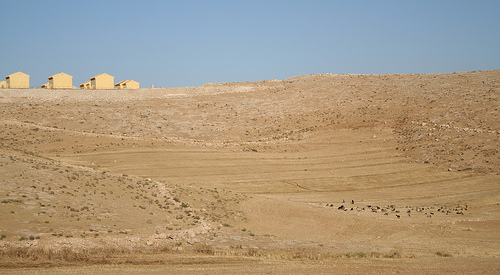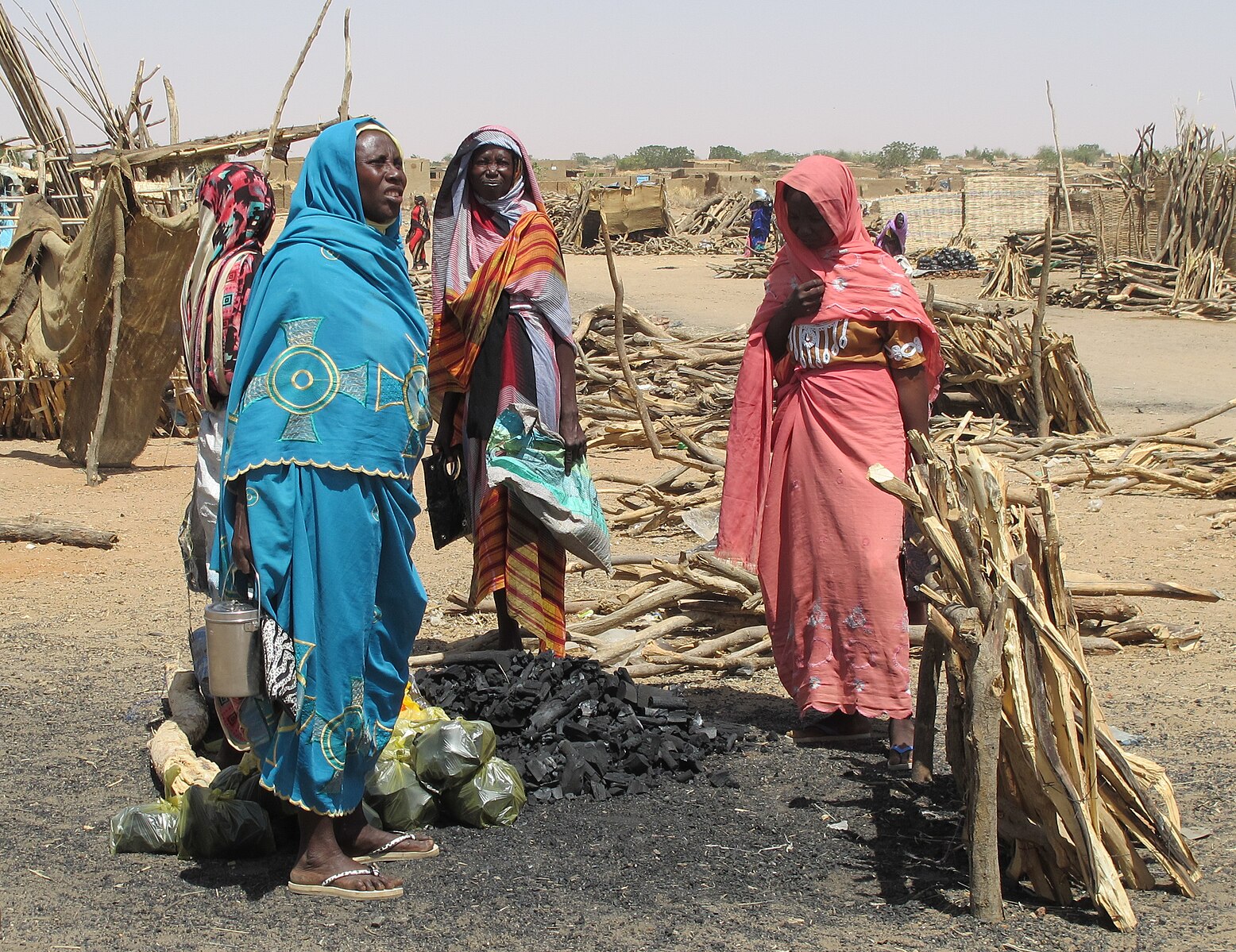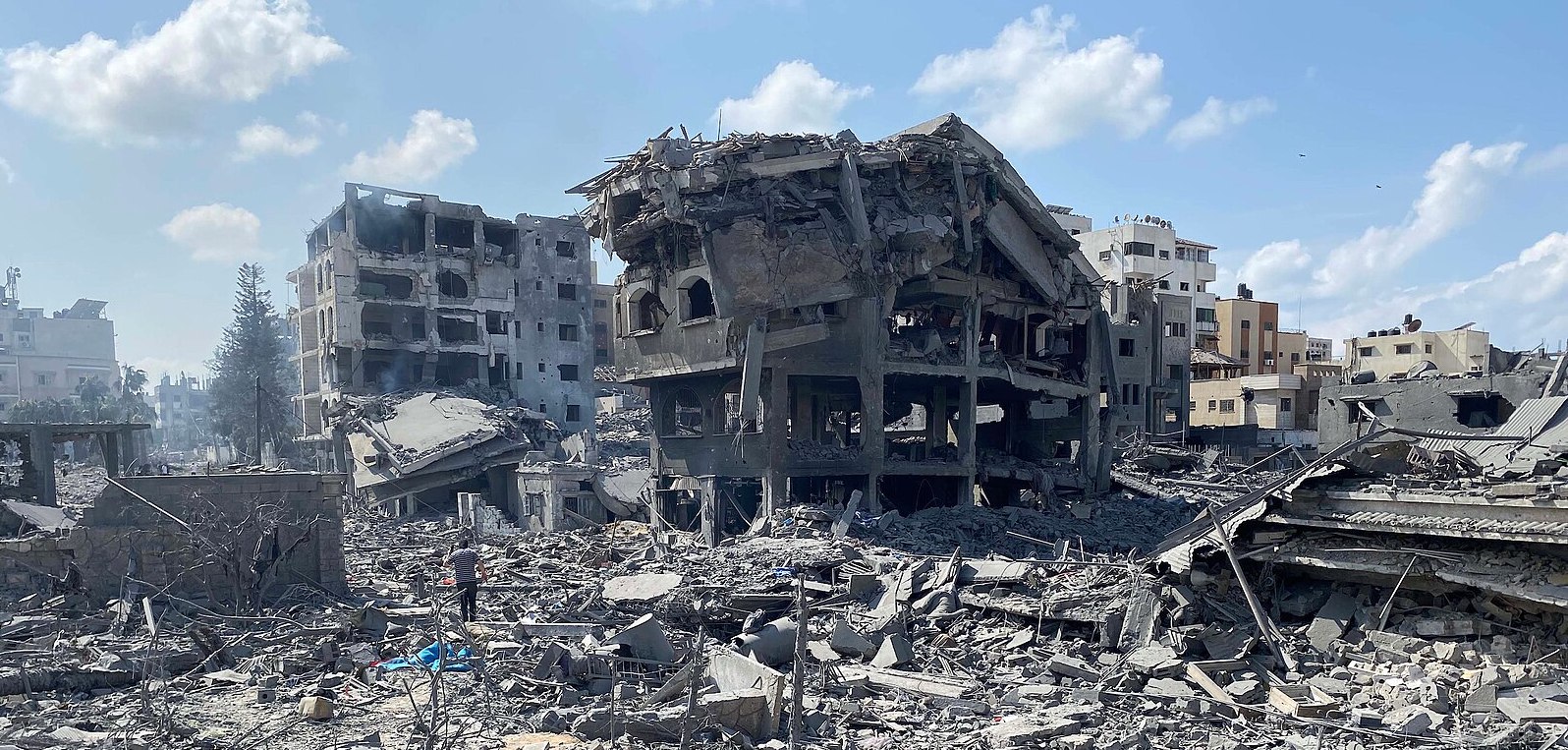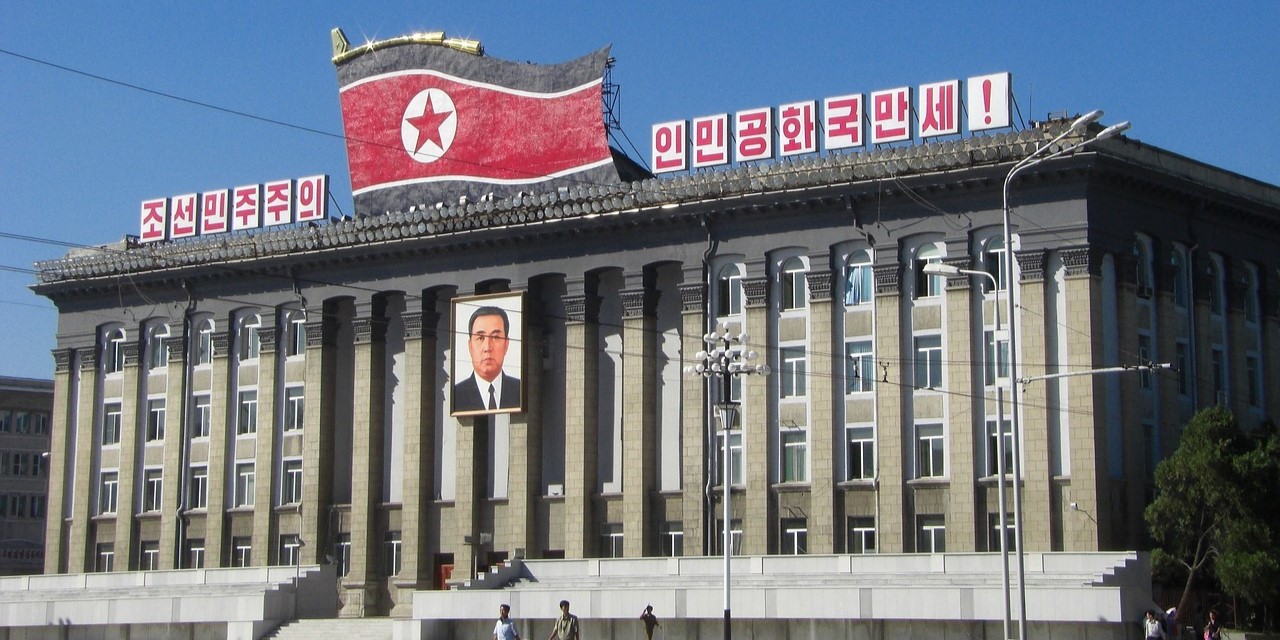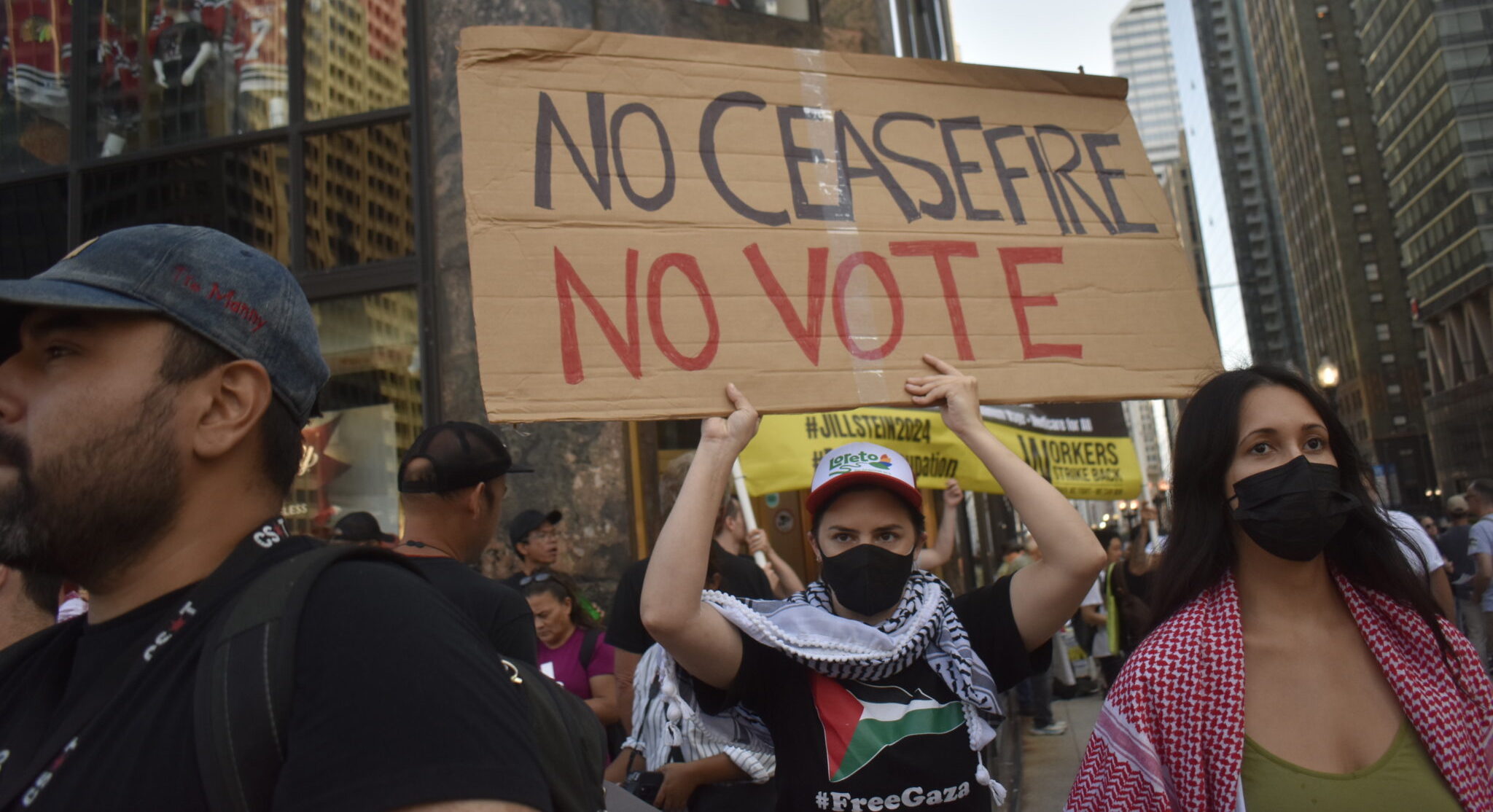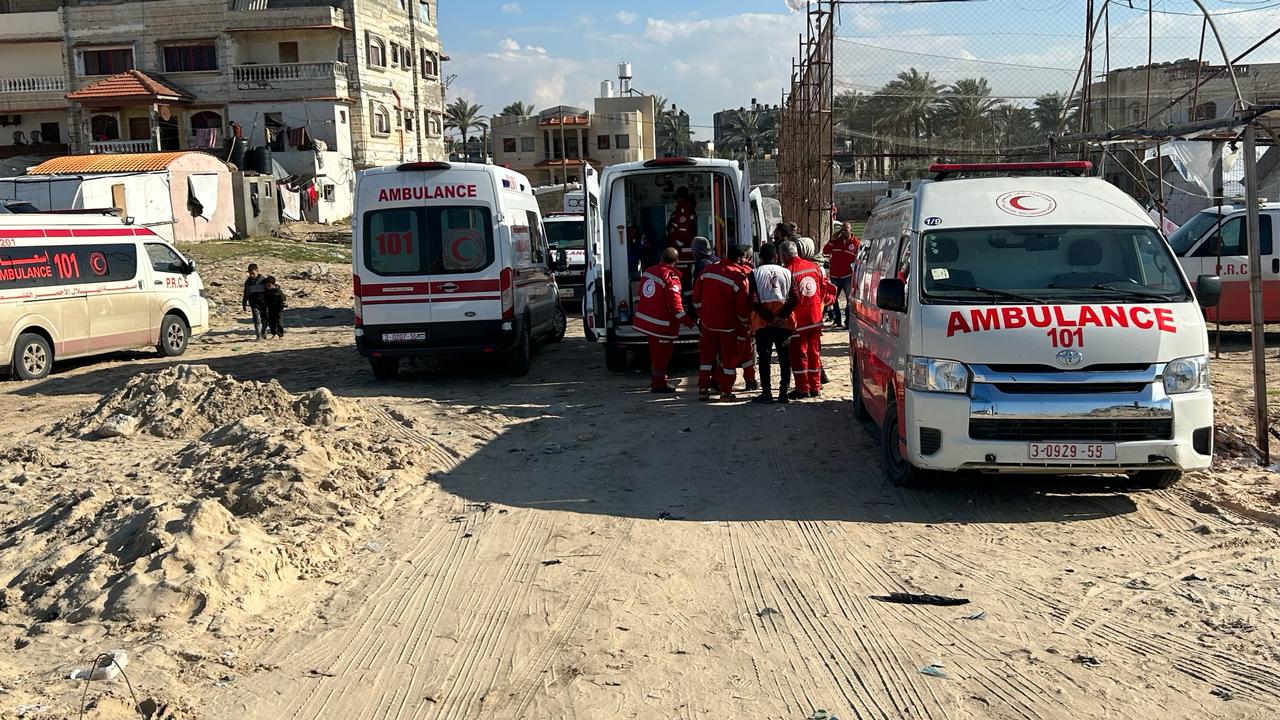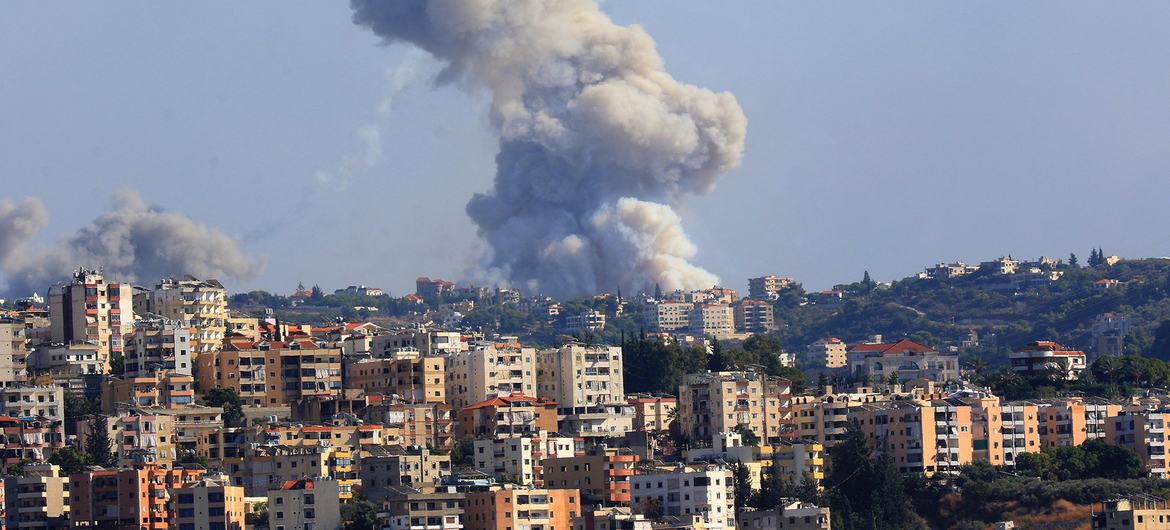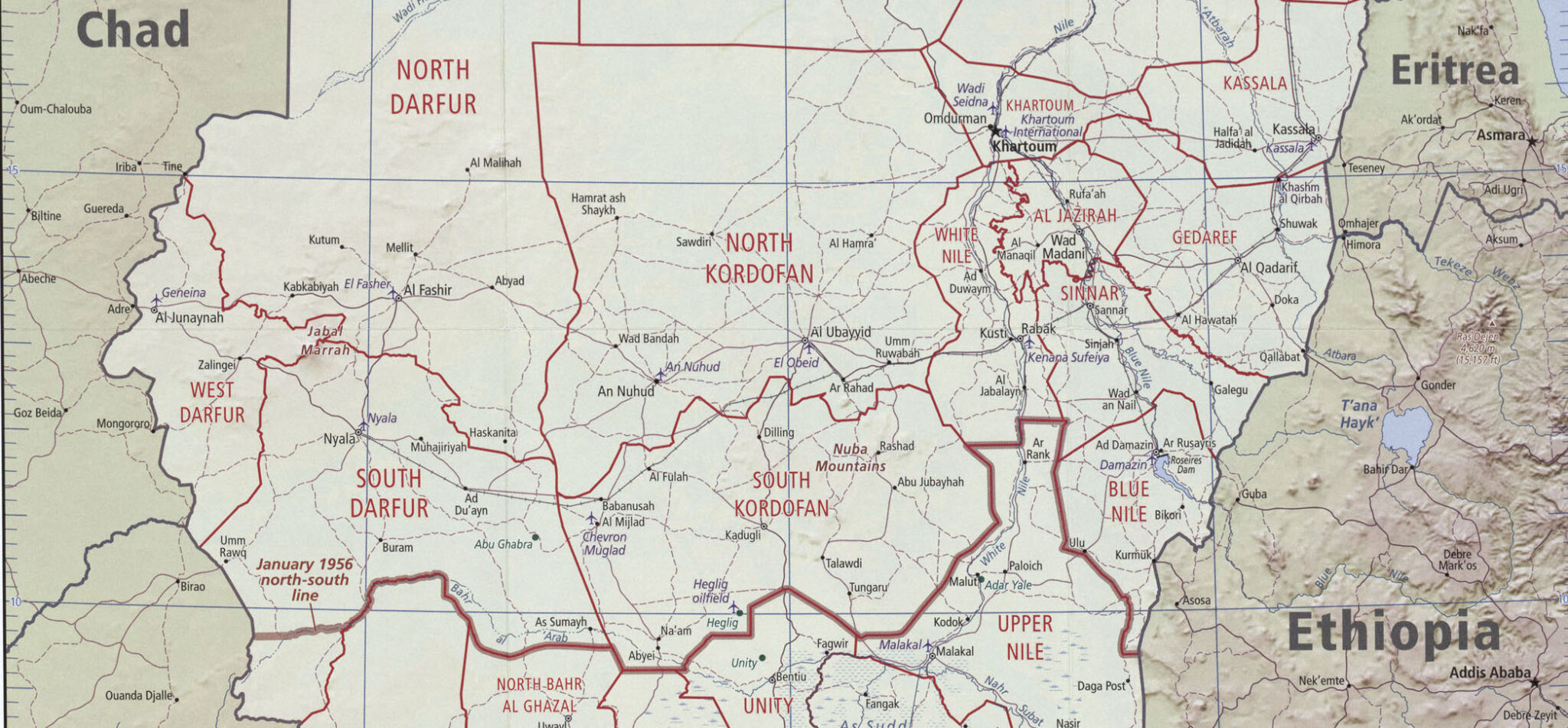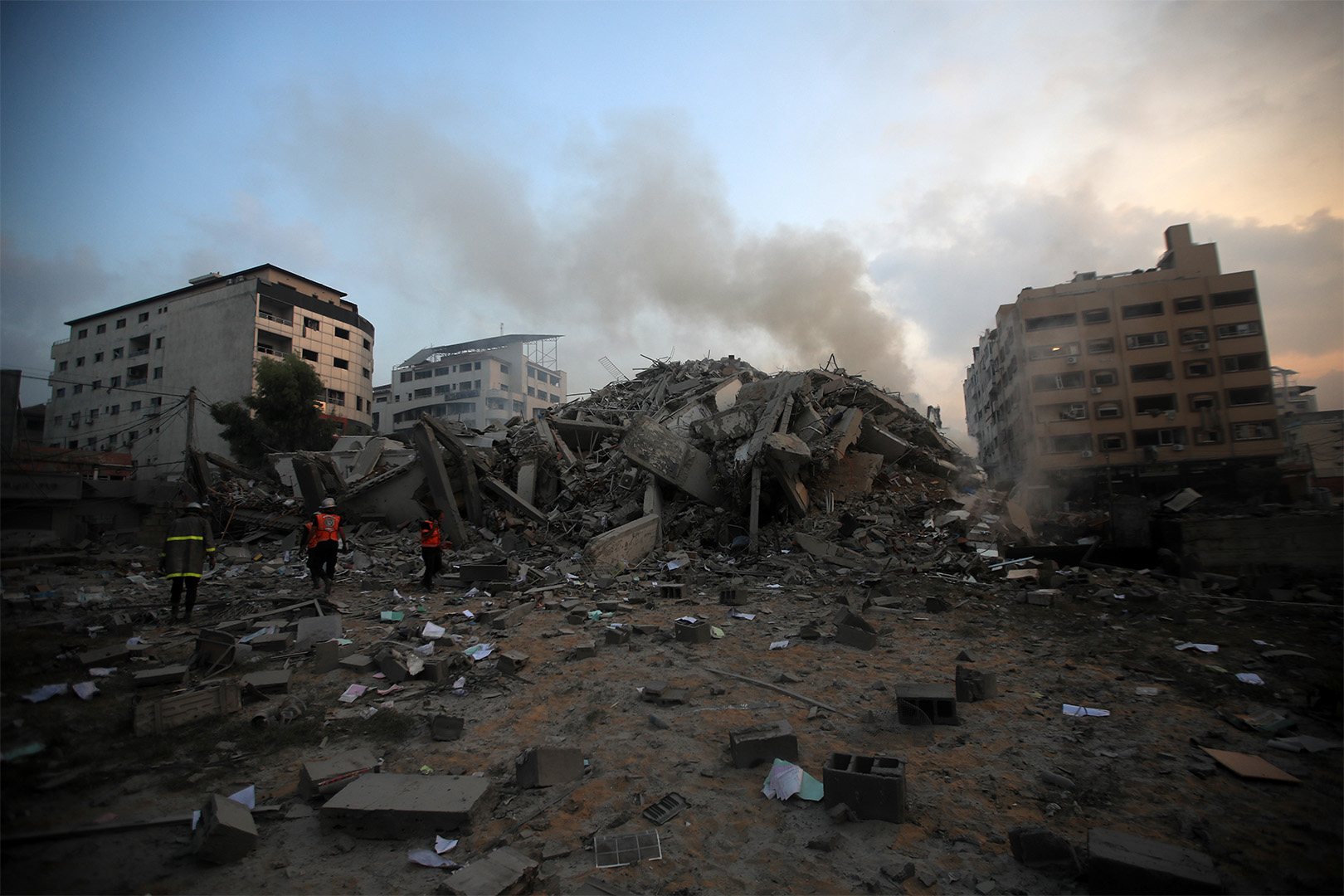
Amnesty International accuses Israel of genocide
In a landmark 300-page report, Amnesty International has accused Israeli authorities of committing genocide against Palestinians in Gaza. The report outlines three specific violations of the Genocide Convention: the killing of Palestinians, causing serious bodily or mental harm, and deliberately inflicting conditions intended to bring about their physical destruction. This assertion comes after a thorough investigation involving interviews with over 200 individuals, satellite imagery analysis, and a review of public statements by Israeli officials. The report highlights the severe impact of Israel’s actions, with over 42,000 Palestinians, including 13,300 children, killed, and 97,000 injured. Entire neighborhoods have been leveled, and crucial infrastructure obliterated, leaving significant parts of Gaza uninhabitable. The humanitarian toll is severe, with civilians enduring desperate conditions, such as lack of clean water and constant bombing. (Photo: Mohammed Zaanoun/TNH)



